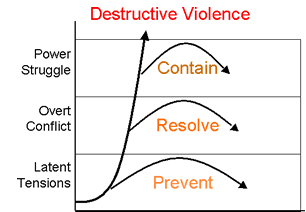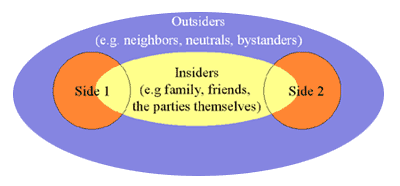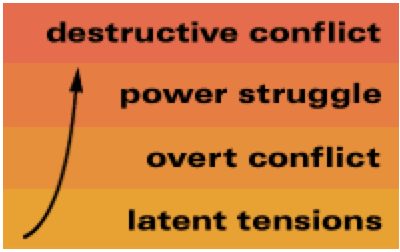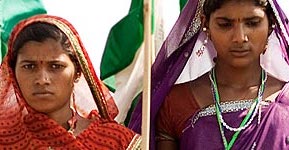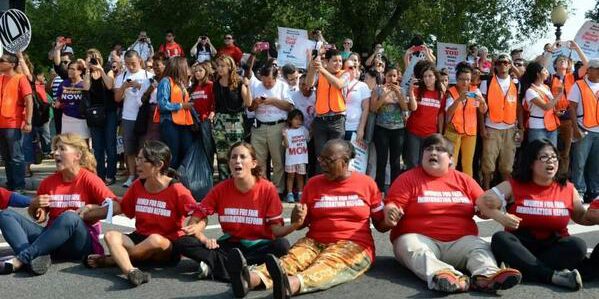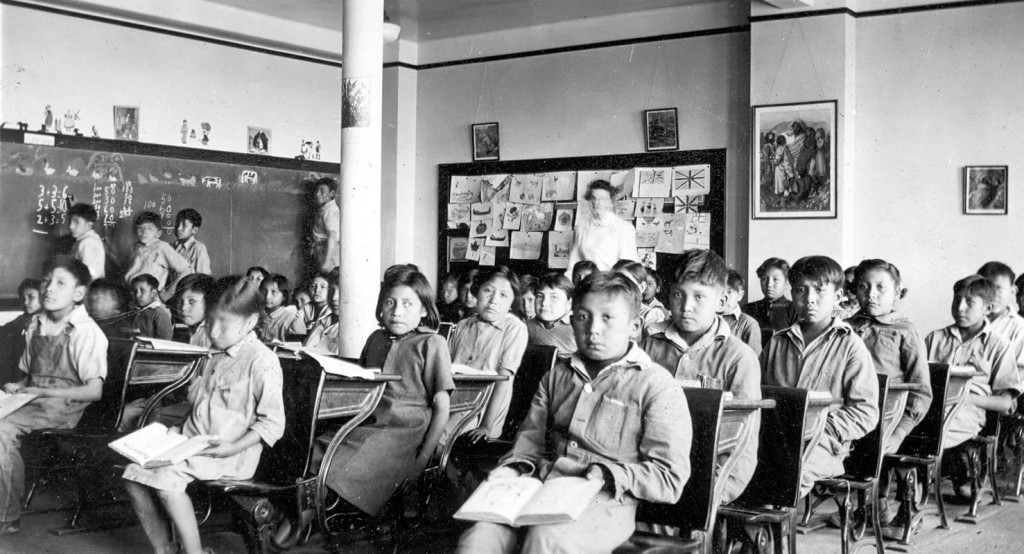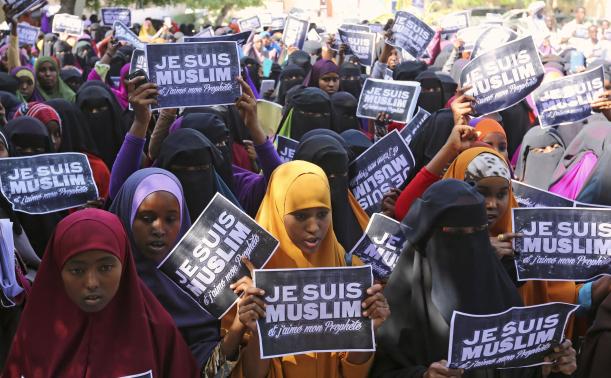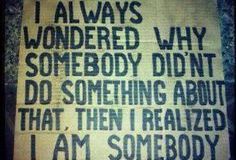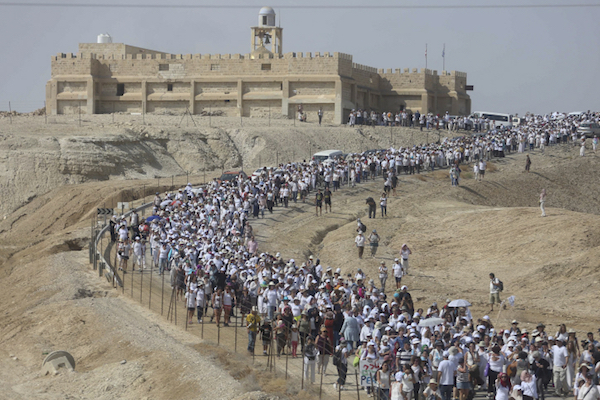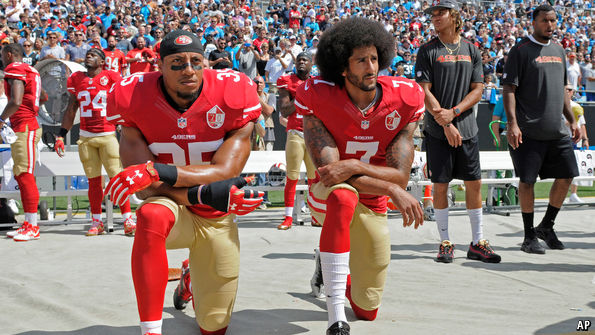Fresh off our press
Taking Non-Violent Resistance to Scale: The Case of Ekta Parishad
William Ury, in his book ‘The Third Side’ said, “the underlying cause of conflict usually lies in deprivation of basic human needs…The most basic human needs include food (and other necessities for living), safety, identity, and freedom. Each provides a form of security – economic, physical, cultural, and political. Put more simply, each person wants to feel well, safe, respected and free. If we can help address one or more of these four needs, we can avert much destructive conflict.”
This is exactly what the Ekta Parishad (“Unity Forum” in Hindi), ...
Women and Non-Violent Resistance: The Missing Narrative in Our Evolving Histories
History has been replete with conflict and resistance to oppressive powers. Our memories are inundated with images of burning vehicles, people on the streets throwing Molotov cocktails and gunfire to control such resistance. It is true that violent images are more gripping, hence they are more newsworthy and are covered by the media. They are sensational, striking and such images are usually more easily seared into the minds of the collective psyche.
However, this is only one part of our evolving histories. The other, more ubiquitous and, non-violent versions of such ...
Wings of Change Leading to Schools of Change: Creating Inclusive Communities as a Response to a Tragedy
December 14, 2012 was a fateful day – it witnessed the massacre of twenty elementary school children and six educators at Sandy Hook Elementary School, in Newtown, Connecticut. The perpetrator was twenty-year-old Adam Lanza, with a history of social adjustment issues and severe anxiety. He was later diagnosed with autism, among other mental conditions.[1] Within ten minutes of the shooting commencing, Lanza shot himself. That day, amongst the twenty children that died, one of them was a 6-year-old boy with special needs named Dylan Hockley. He was special, determined ...
The Aarhus Way of Combating Radicalization in Communities
The series of terrorist incidents that affected France and other parts of Europe in 2015, starting with the Charlie Hebdo massacre led governments, security agencies, and people to take notice of a seemingly strange phenomenon – one of “homegrown terrorists”. The Charlie Hebdo massacre started with two gunmen attacking the office of the French satirical weekly magazine – Charlie Hebdo - for the cartoon of the Prophet Mohammed on the cover of their November 3, 2011 edition of the magazine. The attack spread across three days from January 7, 2015 to January 9, ...
There are three sides to every argument
By William Ury
April 7th, 2017
See the original at Ideas.TED.com >>
We can all play a role in helping defuse even the most bitter conflicts. Veteran negotiator William Ury shares his hard-won insights.
My passion in life is helping people and societies to move from no to yes. As a negotiator, mediator and cofounder of the Program on Negotiation at Harvard University, I’ve spent more than four decades traveling the world and getting involved in some of the most difficult conflicts of our time, from the Cold War to the Middle East.
One of my favorite ...
The Bystander Effect and The Third Side
It was a cold winter’s night, at 3.15 am, on March 13, 1964, when Kitty Genovese, a then 28-year-old manager of a bar, was returning home to her apartment in Queens, New York. She had parked her car about 100 feet from her apartment’s door when she was approached by Winston Mosely, a business machines operator on the prowl for potential victims. Moseley ran after her, quickly overtook her and stabbed her twice in the back. Genovese screamed. Almost all neighbors had their windows closed and very few deciphered it as a cry for help.[1] One of the witnessing neighbors ...
March of Hope: How Israeli – Palestinian Women Wage Peace
* * *
Hope was lost when talks to resolve the long standing conflict between Israel and Palestine failed in April 2014. This was the first time since President Obama’s tenure commenced, that the conflict was attempted to be directly discussed by the leadership of Israel and Palestine, in an effort to resolve their disputes and bring about peace in their nations. The long standing nature of the conflict has resulted in deeply rooted emotional hostilities as well as extreme political and societal distrust on both sides. The most logical outcome, under the circumstances, ...

